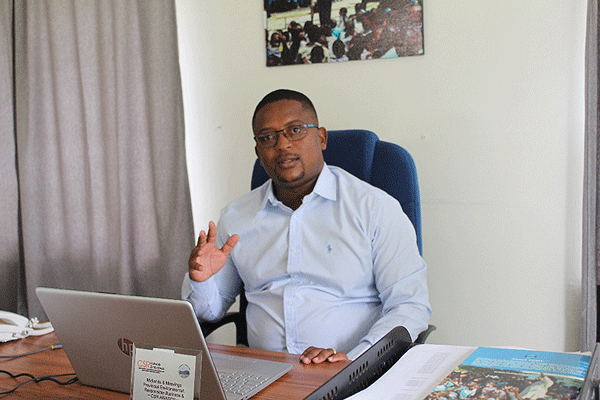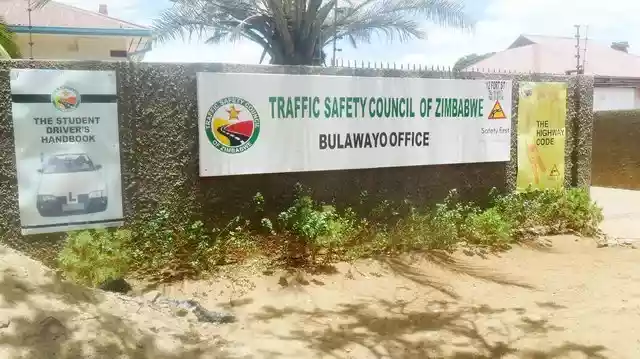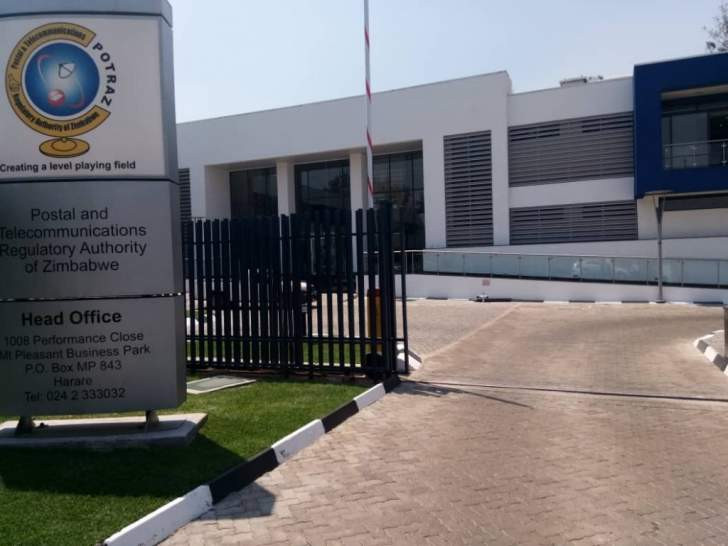
BY EVERSON MUSHAVA A LOCAL non-governmental organisation that works to transform ways in which societies deal with conflict has published a book aimed at informing government policy on managing conflicts resulting from displacement of communities to pave way for development projects.
The book, titled Development–Induced Displacements in Zimbabwe, Learning from Colonial and Post-Colonial Experiences, will be launched in Harare tomorrow.
Edited and published by the Centre for Conflict Management and Transformation (CCMT) with the help of the Tugwi-Mukosi Multidisciplinary Research Institute (TMMRI) and Weaver Press, the book explores the history and scope of development-induced displacements in the country.
With contributions from a wide range of researchers and practitioners, the book presents findings of a series of multi-stakeholder policy dialogues on development-induced displacements (DID) in the country in 2019 by CCMT and a research symposium done in collaboration with TMMRI.
CCMT is a conflict transformation service provider for State and non-State actors and institutions as well as communities.
Over the years, CCMT has partnered the Local Government and Lands and Agriculture ministries in the Midlands province in building conflict transformation capacity of local institutions such as traditional leaders, district administrators, elected leadership, farmers in irrigation schemes and extension workers.
CCMT has conducted several local interventions to come up with evidence-based advocacy mechanisms to facilitate a win-win solution in land disputes, particularly in the Midlands province, caused by displacements for expansion of growth points.
The organisation held a series of multi-stakeholder policy dialogues with a view to generate discussions and build consensus around the issues and this is how the book, which explores the history and scope of DIDs came about.
- Chamisa under fire over US$120K donation
- Mavhunga puts DeMbare into Chibuku quarterfinals
- Pension funds bet on Cabora Bassa oilfields
- Councils defy govt fire tender directive
Keep Reading
Contributing authors are from the CCMT itself, the University of Zimbabwe, Midlands State University, Infrastructure Development Bank of Zimbabwe, Senate, Sam Moyo Institute of Agrarian Studies, Land Commission and a top government official, ambassador Mary Mubi.
The book provides detailed case studies and gives recommendations on what is needed to strike a balance between the interests of government in bringing development and those of the rural communities, who are required to cede all or part of their land to pave way for development.
Rural communities, especially in developing countries, face perpetual risks of displacement to pave way for development of infrastructure, such as dams, roads, urban development as well as commercial activities such as mining and agriculture, to mention a few.
The displacements have led to loss of livelihoods, shelter, property, cultural heritages, and social facilities, among others and as a result, communities resist the displacements, causing conflicts between communities and authorities.
The conflict often delays the developmental projects.
The book thus explores DID in Zimbabwe, unpacking the underexplored risks and vulnerabilities encountered by the affected communities.
The threats include economic and environmental factors that aggravate people’s vulnerabilities to hunger and disease.
The country’s legal architecture in both colonial and independent Zimbabwe is also brought into focus regarding DIDs, with the book proffering safeguards on how the communities can be protected.
From the construction of Kariba Dam in the 1950s to the irrigation projects under supply from Osborne and Tugwi-Mukosi dams, although from different administrations, the massive inland water bodies caused massive displacements.
Kariba displaced over 57 000 Gwembe-Tonga people in both Zimbabwe and Zambia and in 2014, 18 000 people were displaced by the construction of the Tugwi-Mukosi Dam.
Displaced from their land, the Tonga people now depend on donor largesse for survival.
The book emphasises on free, prior, and informed consent (FPIC) concept of compensation whose thrust is meaningful participation of affected communities as opposed to mere involvement.
Compensation, the book recommends, should be guided by the principle of equivalence where the affected communities should be neither enriched nor impoverished due the process.
Affected communities should be relocated and compensated before the commencement of the project.
The book comes at a time when the country is experiencing a surge in the number of development-induced displacements to pave way for mining activities, mainly by the Chinese.
The affected communities have complained of use of force and inadequate compensation that include provision of social structures.
Corruption has also been cited as the cause of the suffering of many communities after allegedly bribed authorities make unilateral decisions against communities.
Last week, the Matabeleland Institute for Human Rights and women drawn from areas that have been affected by displacements petitioned Justice minister Ziyambi Ziyambi to consider the plight of the affected communities through facilitating government-funded projects.
Xavier Mudangwe, CCMT executive director, said his organisation had been working on DIDs since 2012.
“We have been dealing with displacement issues in different communities predominantly in the Midlands province and through our work, we then came to realise that there wasn’t enough literature around displacement in the country,” Mudangwe said.
“We felt that for any advocacy process or any conflict transformation process that seeks to address issues to do with displacement, we need to have literature around it.
“That’s why we did the research.
Initially, we did research on our own as CCMT.
“It is part of that book as one of the articles in three districts looking at different cases of displacements and how communities were affected.”
Mudangwe added: “Knowing that this is a structural problem, it is a systemic problem, we then realised that there was a need to approach decision-makers and policymakers at national level with a view to advocate for the reform of legislation and policies around displacement issues.
“We found out through the different interventions we carried out that rural communities in general were not protected from arbitrary displacements through these development projects.
“So you find that they suffer the most in terms of the negative impacts of these development projects. If you check the Communal Lands Act, for example, it vests all land in the President, which means whoever is an inhabitant of communal land does not have title to land.
“It’s not a bad thing, but then it makes them weak in terms of bargaining in the event that they have to be displaced.
“If you are negotiating with someone with title deeds, it’s different from when you are negotiating with someone without any form of tenure document to support their occupation or use of a particular piece of land.
“What we are saying as CCMT is that decision-makers and policymakers need to reform these policies and legislation in such a way that they protect the rights of the communities.”
Follow Everson on Twitter @EversonMushava










